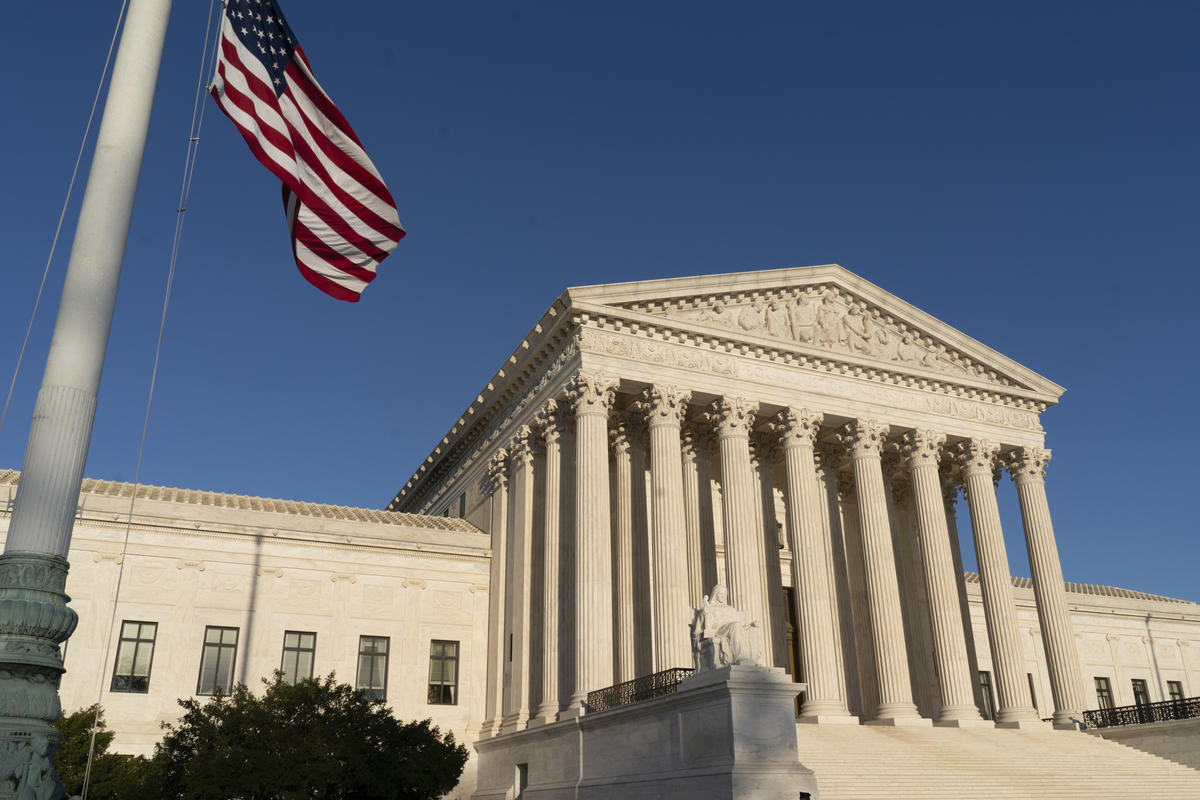The Battle’s Not Over: Here’s What the Cake Baking Ruling Didn’t Do
Posted on June 14, 2018 in Public Policy, Religious Freedom by Nathan Cherry
 Before you blow out the candles on your celebratory cake, let’s take another look at the Supreme Court’s cake ruling.
Before you blow out the candles on your celebratory cake, let’s take another look at the Supreme Court’s cake ruling.
People are understandably excited. The Supreme Court ruled in favor of Jack Phillips, the Colorado baker that refused to bake a same-sex wedding cake. Throughout the entire 6 year ordeal, Jack maintained that he would happily serve gay customers and bake them anything they wanted; but that he does not bake same-sex wedding cakes.
In fact, Jack doesn’t bake Halloween cakes, cakes with explicit messages or photos, divorce cakes, or cakes containing alcohol. These guidelines stem from Jack’s religious convictions. These guidelines allow Jack to happily serve every customer that walks into his shop but still refuse to create cakes with certain messages.
The Colorado Human Rights Commission said Jack discriminated against two men based on their sexual orientation. Jack was fined and ordered to undergo state sponsored monitoring. That’s creepy in a China-ish sort of way. Jack appealed to the Supreme Court where the court, in a lopsided ruling, ruled in favor of Jack.
So people are understandably excited.
Before we get too excited though, let’s understand why this ruling has rightly been called “narrow.”
I’m certainly not trying to be a killjoy in the wake of a decision that brings good news for religious freedom and free speech. But I do want to be realistic and understand the ruling in its context and scope. To do that we need to understand what the ruling did not do.
First, the ruling did not affirm the property and productivity rights of business owners.
While it is good to affirm the religious freedom of American citizens, it is far broader and more applicable to affirm the right business owners have to their property and productivity. Essential to any growing, strong economy is the right of people to be productive without interference or frustration from the government.
For example, shutting down a child’s lemonade stand for not having a permit is a micro-example of the government interfering and frustrating the productivity of citizens. Expand that example to the large scale world of entrepreneurship and small businesses and it’s easy to see how government red tape has done more harm than good.
But we also have property rights. My property belongs to me and the government has no business telling me how to use my property. This includes my intellectual property and my artistic property. Any attempt by the government to compel an artist to create art is an act of tyranny. The artist is no longer free.
Economically speaking it is suicide to compel a business owner to do business by force. An example here is when fashion designers refused to dress Melania Trump. I didn’t hear anyone demanding these artists create art for the Firs Lady. They refused based on a difference in political views in much the same way Jack Phillips refused to bake a cake. If fashion designers have the right to discriminate, so do cake bakers.
The Supreme Court would have done well to affirm the property rights of business owners and the fact that the government has no business compelling anyone to use their property (artistic expression) in a way that person deems inappropriate.
I’m not overly excited about the ruling at this point due to the clear message Justice Anthony Kennedy sent in his ruling by pointing out that the Colorado Human Rights Commission blatantly attacked Jack Phillips’ religious beliefs and applied the law differently to him because of those beliefs. In other words, if another case comes before the court in which no clear attack on religious beliefs is present, the court may rule differently.
For that matter, what if the Colorado Human Rights Commission had not said a word about Jack Phillips’ religious beliefs and simply convicted him of discrimination? Would Christians be celebrating right now?
I’m really not trying to be a killjoy here, and I appreciate David French’s excitement over the ruling. But I agree with his “smartest people in conservatism” that see reason for concern.
The court had the chance to boldly defend religious freedom, free speech, property rights, and productivity. Instead, the court rebuked the Colorado Human Rights Commission for being mean and slapped their hands with a Supreme sized ruler. It is entirely possible that next time the verdict will not be so favorable.
I’m not one of the killjoys that wants to be proven right. I will gladly stand up and say “I was wrong” with a big smile on my face if the next case returns the same outcome. I’d just prefer cautious optimism over naive exuberance at the moment.
